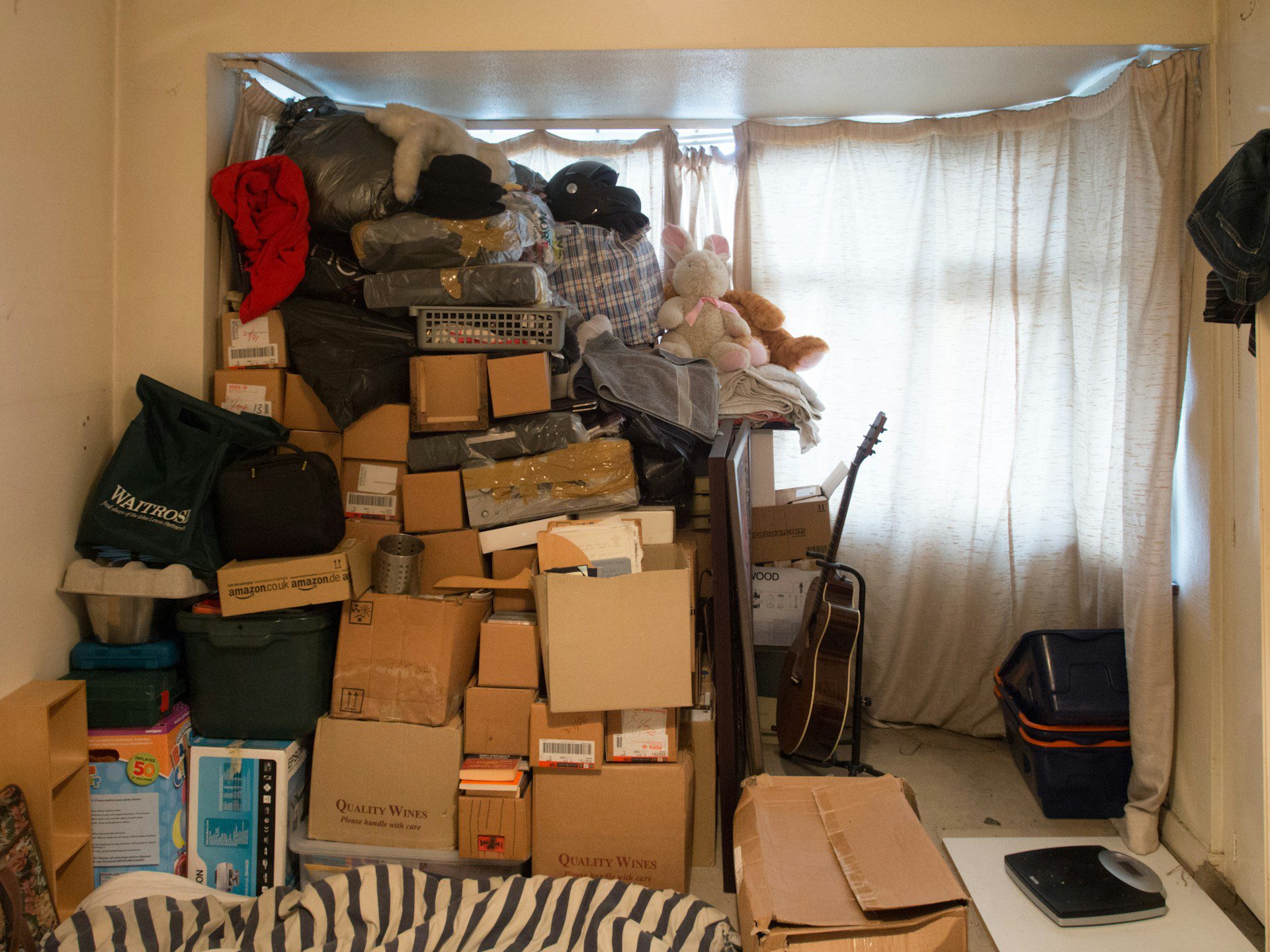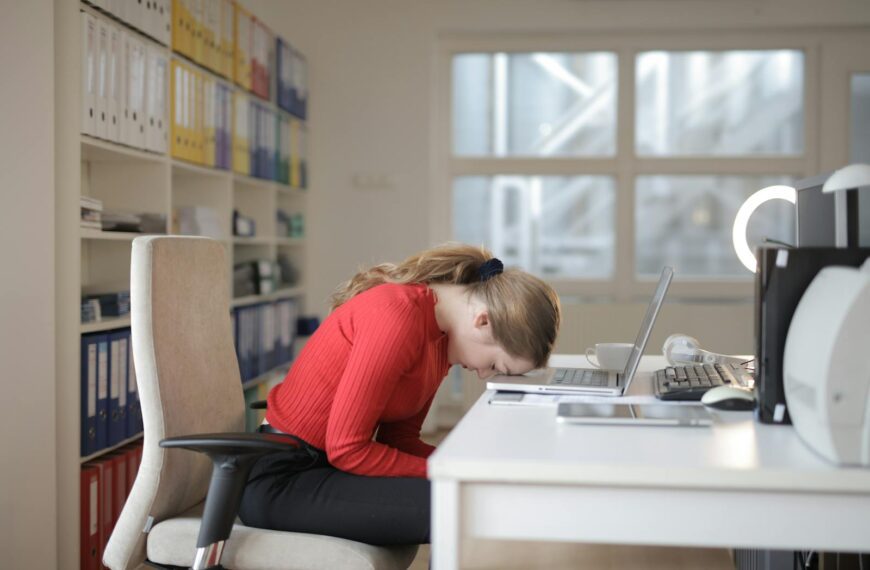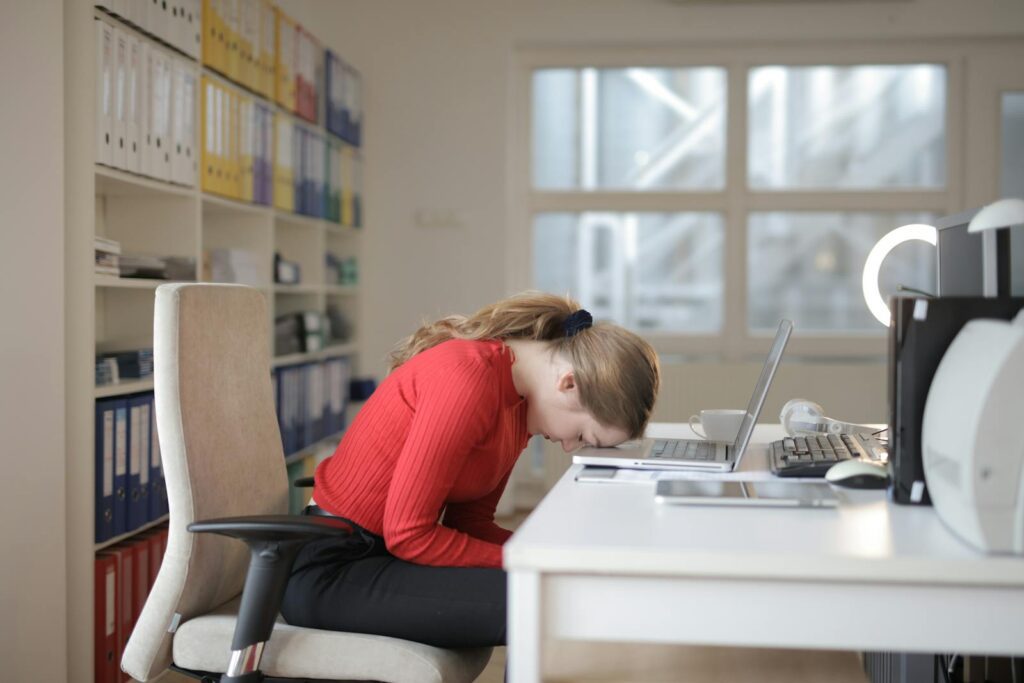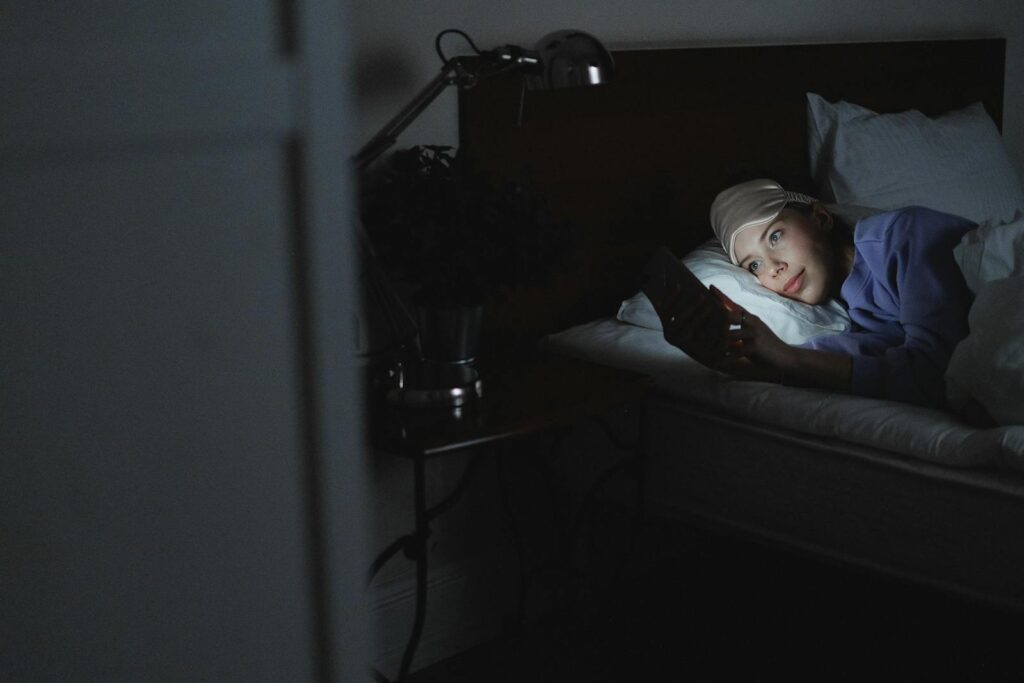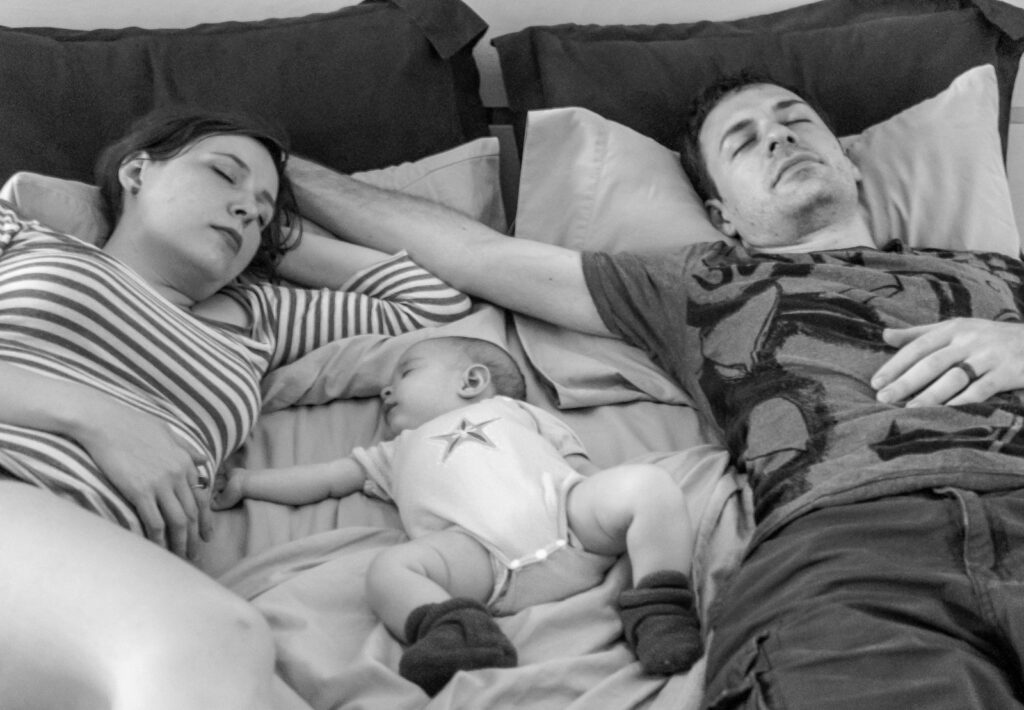Clutter might seem like just a mess, but it can actually drain your energy in ways you don’t always notice. When your space feels chaotic, it can affect how you think, sleep, and even your mood.
Understanding how clutter impacts your energy can help you take control and feel better in your own home. This article will explore the different ways clutter wears you down so you can start making changes that boost your well-being.
Clutter boosts your stress hormone cortisol, making you feel on edge.

When your space is cluttered, your body reacts by releasing more cortisol. This hormone is linked to stress and can make you feel anxious without you even realizing it.
Higher cortisol levels can leave you feeling tense and worn out. It’s like your brain stays in “alert mode” instead of relaxing.
That constant low-level stress can make it hard to unwind or focus on what matters. Reducing clutter might help calm those feelings.
A messy space zaps your motivation to get things done.

When your space is cluttered, it’s harder to focus on tasks. You might find your motivation dropping fast, making it tough to start or finish anything.
Messy surroundings can feel overwhelming, so even small jobs seem like big obstacles. Clearing your space can help you feel more energized and ready to tackle what’s on your list.
Clutter makes it harder to focus on important tasks.

When your space is cluttered, your brain has more info to process, which can lower your focus. You might find it tougher to complete tasks or stay on track because distractions pile up.
If you have ADHD, clutter can be especially disruptive. It pulls your attention away from what really matters, making productivity even more challenging.
It triggers anxiety by overwhelming your mind with too much visual noise.

When your space is full of stuff, your brain has to work harder to process everything. This constant visual input can make you feel tense and anxious without you even noticing.
You might find it harder to focus because your mind keeps jumping between all the things around you. Over time, this creates a low-level stress that drains your energy.
Messy rooms can disrupt your sleep quality, leaving you tired.

When your bedroom is cluttered, it can make it harder for you to relax and wind down. Seeing mess around you might stress your mind, which is not great when you’re trying to fall asleep.
A chaotic space can also interrupt your sleep during the night. If your room feels overwhelming, you might find yourself tossing and turning more than usual.
By keeping your bedroom tidy, you help create a calm environment. This can make it easier for you to get restful, uninterrupted sleep and wake up feeling more refreshed.
Seeing clutter constantly reminds your brain of unfinished tasks, draining energy.

When you see clutter, your brain doesn’t just notice the mess. It also recalls everything you haven’t finished. This creates a kind of mental background noise that pulls on your attention.
Having unfinished tasks staring at you makes it harder to focus on what’s important. Your energy gets zapped because your mind is juggling too many reminders at once. It’s like your brain is stuck in “to-do” mode constantly.
Clutter leads to procrastination as you avoid dealing with the mess and your work

When your space is cluttered, it’s easy to feel overwhelmed. You might put off tasks because the mess makes it hard to focus.
Avoiding the clutter can turn into a habit, slowing down your productivity. You keep telling yourself you’ll get to it later, but the chaos just grows.
This cycle makes it harder to start anything, whether it’s cleaning or work. The clutter acts like a barrier between you and getting things done.
It raises blood pressure through chronic frustration and overwhelm.

When your space is cluttered, your brain has a hard time shutting off. This constant mental noise can lead to feelings of frustration and overwhelm.
Over time, those feelings can cause your blood pressure to rise. It’s like your body stays in stress mode longer than it should.
That stress isn’t just annoying—it can affect your health. Managing clutter helps reduce that constant pressure you might not even notice.
A cluttered environment reduces your mental clarity and creativity

When your space is cluttered, your brain has a harder time focusing. You might find it tough to process information clearly.
This distraction can make it challenging to come up with new ideas or solve problems.
Clutter causes mental overload, which can leave you feeling overwhelmed and stuck. Clearing your space often helps your mind feel lighter and more open.
Visual chaos can make you feel mentally exhausted faster than clean spaces.

When your space is cluttered, your brain has to work harder to process everything around you. This extra mental effort can leave you feeling tired sooner than if you were in a tidy environment.
You might notice that clutter makes it tough to focus. It’s like your mind is constantly being pulled in different directions, which drains your energy.
A clean space can help you feel calmer and more in control, reducing mental fatigue and stress.
Mess makes daily routines more complicated, draining you before you start

When your space is cluttered, simple tasks like getting dressed or finding your keys take longer. This adds stress right at the start of your day.
You waste energy constantly looking for things, which can leave you feeling mentally tired before you even leave the house. It’s tough to focus when distractions pile up around you.
Clutter can make organizing your day harder, slowing down your routines and making everything feel more overwhelming.
Clutter steals your ability to relax, as your brain stays alert to disorder

When your space is cluttered, your brain has trouble switching off. It stays on high alert, scanning for disorder even when you want to rest.
This constant background noise makes it harder for you to fully relax or wind down. Your mind feels busy, not calm.
This alertness can mess with your sleep and make relaxation seem out of reach. Clearing clutter helps your brain get the break it needs.
It can cause decision fatigue because you face more choices and distractions.

When your space is cluttered, your brain has to process lots of visual info. This increases the number of small decisions you make, like what to pick up or where to put things.
All those tiny choices add up and drain your mental energy. You might find it harder to focus or make even simple decisions.
With clutter around, distractions multiply, making it easy to get overwhelmed or stuck in indecision. Establishing routines can help reduce this fatigue.
The mess causes your brain to multitask unnecessarily, tiring your focus.

When your space is cluttered, your brain tries to handle too many things at once. This constant shifting between tasks drains your mental energy.
You end up feeling tired faster because your focus gets split. Instead of concentrating on one thing, your brain juggles distractions.
Clearing clutter helps reduce this overload. When your environment is simpler, your brain can work more efficiently and with less effort.

